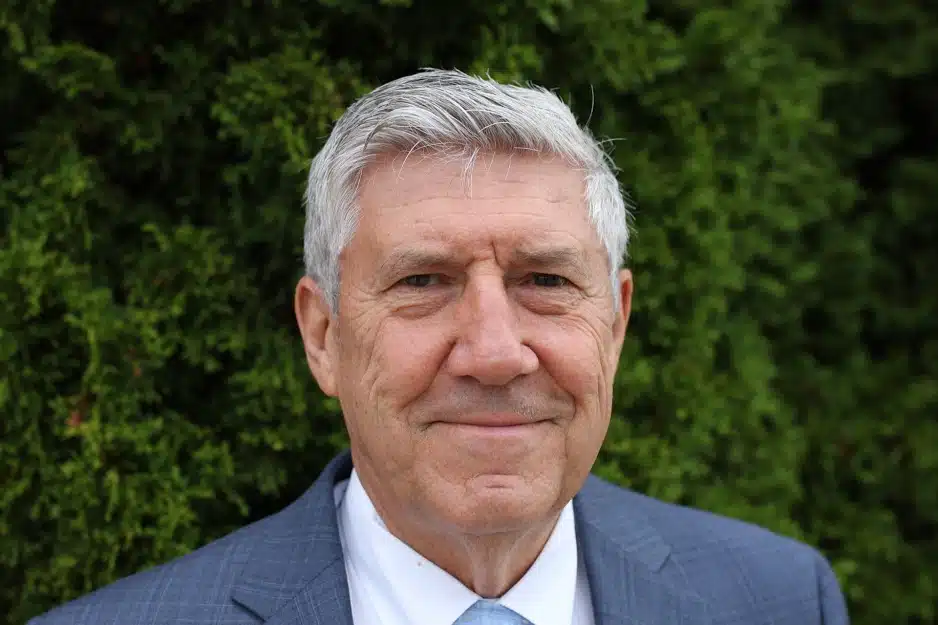

Invited Speaker
Professor Lindon J. Robison
Professor of Agricultural and Resource Economics (AFRE), Michigan State University
Certificate of attendance available
In this webinar, Professor Robison will reflect on his more than 35 years of research on social capital and propose a new line of inquiry that could allow for alternative explanations of predictably irrational behavior. He will employ Social Identity Theory to help us understand the relationship between social capital and cheap social capital. Professor Robison will also discuss the difference between earned and inherited commonality and their relationship to linking and bonding social capital. By considering social identity and inclusion and exclusion, Professor Robison is able to consider a side of social capital that is often overlooked or underappreciated. He discusses these ideas in relation to a range of real-world examples and proposes several directions for future research in this area.
About the presenter:
Dr. Lindon J. Robison was a Professor of Agricultural and Resource Economics (AFRE) in the tenure stream at Michigan State University from 1977 to 2021. He holds a B.S. degree from Utah State University, an M.S. degree from the University of Illinois, and a Ph.D. degree from Texas A&M University. He has published numerous books and articles, including the text for the department’s capstone Agri-business management course 435 which he also teaches. He also taught AFRE graduate courses in calculus for economists, mathematical statistics, and mathematical programming. He has consulted for governments, firms, and international organizations such as the World Bank, particularly in Latin America. He has worked for the US Government as an agricultural economist, has been a visiting faculty member at Brigham Young University, the University of Minnesota, and the Swedish University of Agricultural Sciences in Uppsala Sweden. He has won many academic awards including Best Ph.D. thesis for his work on risk and portfolio management of rural banks and in 2012 was made a fellow of the Institutional and Behavioral Economics section of the Agricultural and Applied Economics Association (AAEA). His most frequently cited works include The Competitive Firm’s Response to Risk which he authored with Peter J. Barry and “Is Social Capital Really Capital?” which he authored with Allan A. Schmid and Marcelo E. Siles. His pioneering research focuses on the role of social capital (relationships of caring, trust, and regard) on establishing the terms and level of trade—that has been applied to minimum sell land and car prices, the likelihood of loan approval, and medical screen decisions. His most recent publications describe social capital motives and distinguish between relational goods and commodities.
Past projects include:
- Annotated Bibliography with the World Bank
- Social Capital, Rural Development and Household Income Distributions
- Economic Development in Nicaragua with the World Bank
- Strengthening Agricultural Marketing Research, Policy Analysis, and Capacity Building in Ecuador. [1986 – 1990]
- Attachment Values Associated with Farmland
- Selected Past Research Projects with External Funding at MSU SciVal
Teaching Experience
- AEC 802: Mathematical Statistics for Economists
- AEC 853: Financial Management in Agriculture
About Our Webinar Series
This event is part of our regular webinar sessions for social capital researchers including PhD/master students. These sessions include invited presentations from prominent scholars as well as presentations by PhD students and experts in professional practice.
For social capital researchers, these sessions are an opportunity to hear about the latest social capital research and insights from scholars working on the concept. They can be a great way to connect with people, to get advice, discuss ideas or issues, get suggestions for literature to read, or you can just listen.
Are you researching social capital and want to present your research? Click here for more information and to submit a proposal.
Generally, presentations can be 20 to 30 mins. The content of your presentation will depend on your research stage.

